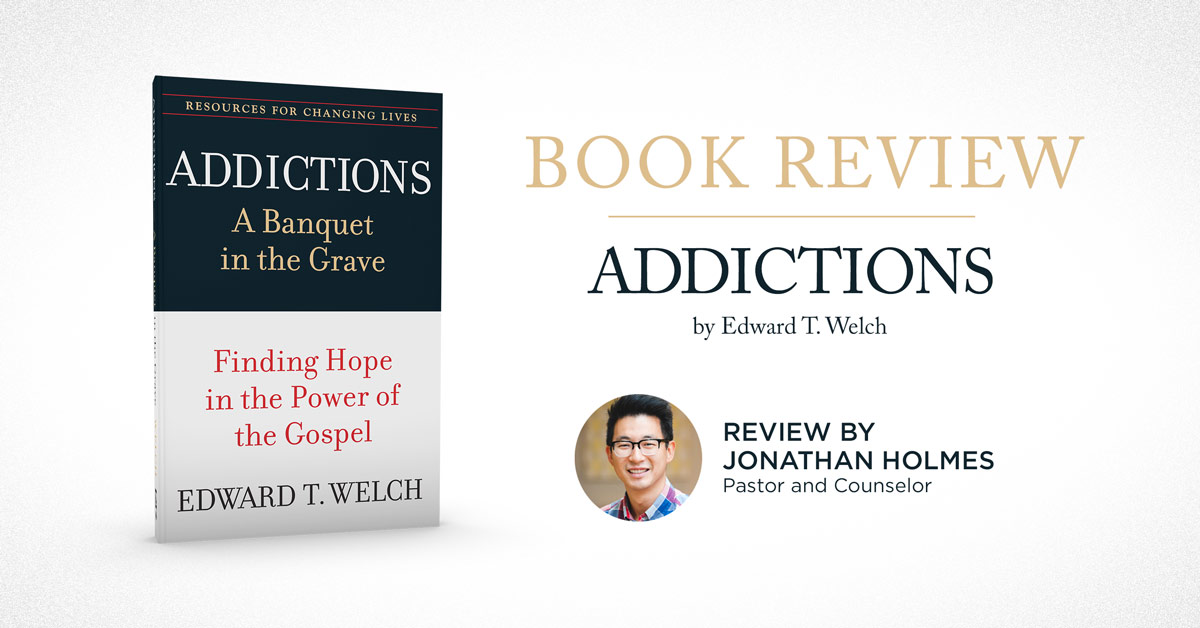There are some books which I find myself coming back to time and time again. Ed Welch’s Addictions: A Banquet in the Grave is one of them. Written nearly two decades ago, Welch’s material has aged well; I actually find the content even more relevant today. Thanks to his trademark focus on both the individual person and Scripture, one never feels they are reading a counseling-medical textbook, but rather an accessible and biblical theology of addictions. People are never abstract in his thinking, but are real souls in a real world with real struggles. Welch brings the full weight of Scripture to bear on his topic without ever reducing either the person or Scripture itself. No small task!
The book is divided into two parts. Part one is focused on understanding the landscape of addictions. In the first few chapters, Welch offers a biblical alternative to the reigning model that sees addiction as a disease, recasting and reframing addiction as voluntary slavery. He explains, “Addiction is bondage to the rule of a substance, activity, or state of mind, which then becomes the center of life … leading to further estrangement from God” (35). As Welch takes the reader on a tour of scriptural themes that unpack addiction—idolatry, adultery, foolishness, illness—we quickly see that Scripture is not blind to addiction, but actually addresses, illustrates, and diagnoses it more profoundly than simply reducing it down to something that happens to you rather than in you. Welch rightly pushes back against the dominant disease model of addiction by observing that Scripture brings a “precision into the discussion” which is often lacking in secular material.
In part two, Welch moves on from the foundation he has laid in the first half to various theological themes which, when presented and embodied, form a context and plan for the biblical care of an individual. I was profoundly struck by the noted lack of “Do this and you will get ____” prescriptions. Instead, Welch equips the caregiver and counselor with core theological truths and doctrines designed to arrest and appeal to the addict. Welch writes, “If sin is not our core problem, the Gospel itself—the thing of first importance—is marginalized. The good news that Jesus proclaimed and offered is that there is forgiveness of sins, not through our own attempts to please God, but by placing our confidence in Jesus Himself, in His death and resurrection” (21). Everything Welch writes is grounded in Scripture; for instance, when he discusses how to carry out and execute an intervention, he grounds it in the biblical practice of church discipline and speaking the truth in love.
Whether you are a seasoned counselor or a loved one walking alongside a struggling friend or family member, Welch’s book will remind you of the absolute necessity of having a biblical framework to understand and care for addicts. Addictions also reminds you, the reader, of your essential need, which is helpful in creating contexts for compassion and grace. We are both at once needy and needed people. To this end, Welch offers hope for us all: “If the root problem of addictions is false worship, then the answer is knowing the Lord, the One who deserves our worship. This is true theology, the study of God himself” (141).
Topics: Monthly Resources

